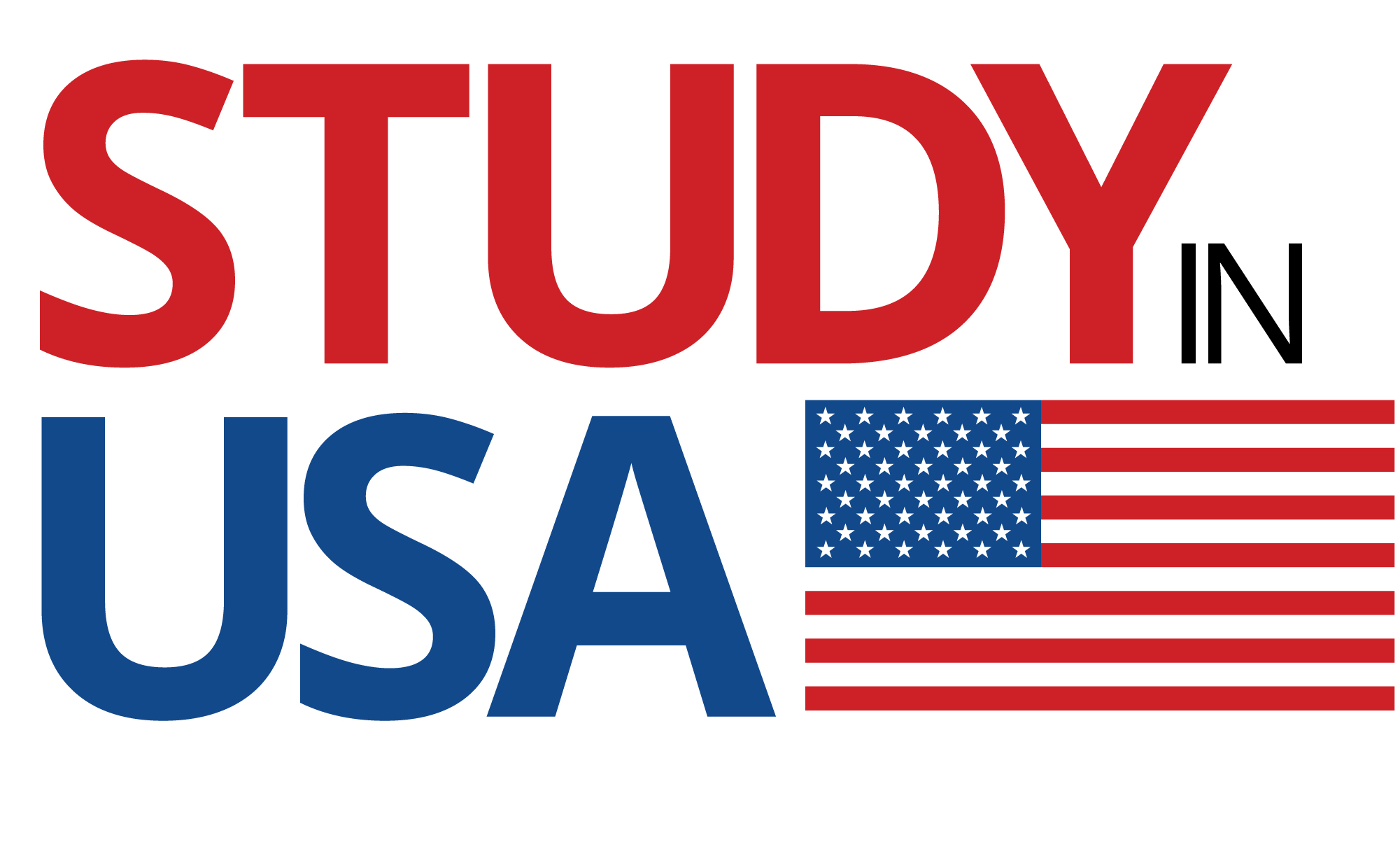USA Student Visa

Applying for a US visa to study in America can offer a wealth of opportunities to those wishing to immigrate to the US on a temporary basis in order to undertake a course of academic or vocational study. Candidates may study in the USA on three different classes of US non-immigrant visa, the J-1 visa, part of a larger class of exchange visas for the US, the F-1 visa for those embarking upon academic courses of study, and the M-1 visa for vocational students.
Navigating the complex range of US visas for immigration can be a time-consuming process. Whether a candidate is applying for a short-term B1 business visa or a B2 tourist visa, or for a longer-term immigration service with a view to obtaining a USA Green Card, a broad range of visa services are available.
Benefits
US study permits are without exception non-immigrant visas and will not lead to a Permanent Resident Card for lawful permanent residence in the USA, or as it is more commonly known as a US Green Card. However, there are several benefits for those wishing to study in the US. In particular, F1 visas allow candidates to work in the USA during their course so long as the work is based on campus. In some cases where unforeseen circumstance leads to hardship, off-campus work may also be permitted. In the cases of M1 and J1 visas, work may only be permitted where it is an integral part of the training which forms the basis of the application.
In America, immigration through any of these USA visas allows candidates to freely enter and leave the United States throughout the duration of their grant and in addition, dependents may enter the country with the principal applicant and in some cases may be able to undertake employment.
Eligibility
F1 Student Visa
The USA student visa most commonly required by those wishing to migrate to the USA to study is the F-1 visa, designed for studying at an accredited US college or university. This USA visa for study echoes the requirements of many American visas for employment-based or business immigration routes in that a sponsoring body must be in place before an application may be submitted. In America, visas such as the H1-B visa and L1 visa as well as American Green Card services like the EB-3 visa and EB-4 visa require a job offer to be in place before an application can be considered. Similarly, the F1 study permit requires acceptance of a candidate by a recognized US educational organization before the application procedure can progress.
To apply for an F1 study visa, it will be necessary to provide documentation including a valid passport, photograph, and an affidavit of financial support. It will also be necessary to demonstrate English language ability, and crucially, candidates must prove that they intend to return to their home country upon completion of their course and expiry of their US study visas. This may be assisted through the inclusion of documentation which demonstrates ties to the home country, for example, family ties through a marriage certificate, employment obligations through a contract or evidence of prior temporary trips to the USA.
In addition, candidates applying for an F1 visa must be able to demonstrate:
-
Sufficient grasp of the English language to pursue the intended course, unless special language tuition arrangements have been made with the institution or the course of study is an English language programme.
-
Possession of and/or access to sufficient funds to support themselves throughout the course.
F-1 visas are normally granted for the duration of the course of study; however, candidates may remain in the country for up to 60 days after the course is completed.
J1 Student Visa
The USA J1 study visa is part of a larger range of J visas intended for people immigrating to the USA on a temporary basis to participate in educational and cultural exchanges. Several groups of migrants are covered by the J class including au pairs and those undergoing graduate medical training. For students, the J1 visa is designed to allow foreign nationals to relocate to the USA to undergo directly relevant practical training as part of their academic program which is not available in their home country.
Leave is granted in this category for the duration of the course of study although, candidates may be eligible to switch to work visas such as H-1B visas or H-2B visas, without having to return home. However, in some instances a Home Residence Requirement (HRR) may be applicable, requiring candidates, much like the Training and Work Experience Scheme or (TWES) in the UK, to remain outside the country for at least two years.
M1 Student Visa
The third category of US student visa is the M1 visa, intended for those applicants relocating to the USA in order to participate in a course of vocational training. To qualify under this route candidates must:
-
Be accepted for a full-time course by an institution approved by the United States Citizenship and Immigration Services (USCIS).
-
Have sufficient command of the English language to fulfill the course, or have special arrangements in place at the institution to receive language tuition.
-
Have sufficient funds to cater for the first twelve months of study and be able to access funds to cover subsequent years of the course.
-
Intend to return to their country of residence at the end of the grant of leave.
M1 visas are usually granted for the time it will take to complete the course plus 30 days, or one year, depending on which is less.
Spouse Immigration and Dependent Immigration
Whilst student visas for the USA are not intended as routes to permanent settlement, in most cases, they will result in the applicant being in the country for a lengthy period. As a result, applicants immigrating to America through all classes of student permit may bring their spouse and/or dependents with them. In the case of F visa holders, dependents are granted a US F-2 visa, allowing them to remain in the country for the same duration as the principal applicant and to study if they wish, although employment is not permitted. The same rules apply to dependents applicants with M-1 visas who will receive a US M-2 visa.
Dependents of candidates with J-1 visas will receive a J-2 visa and may be eligible to apply for employment authorization allowing them to work in the US. However, if the principal applicant’s grant carried a Home Residence Requirement then a dependent will also be subject to this.






